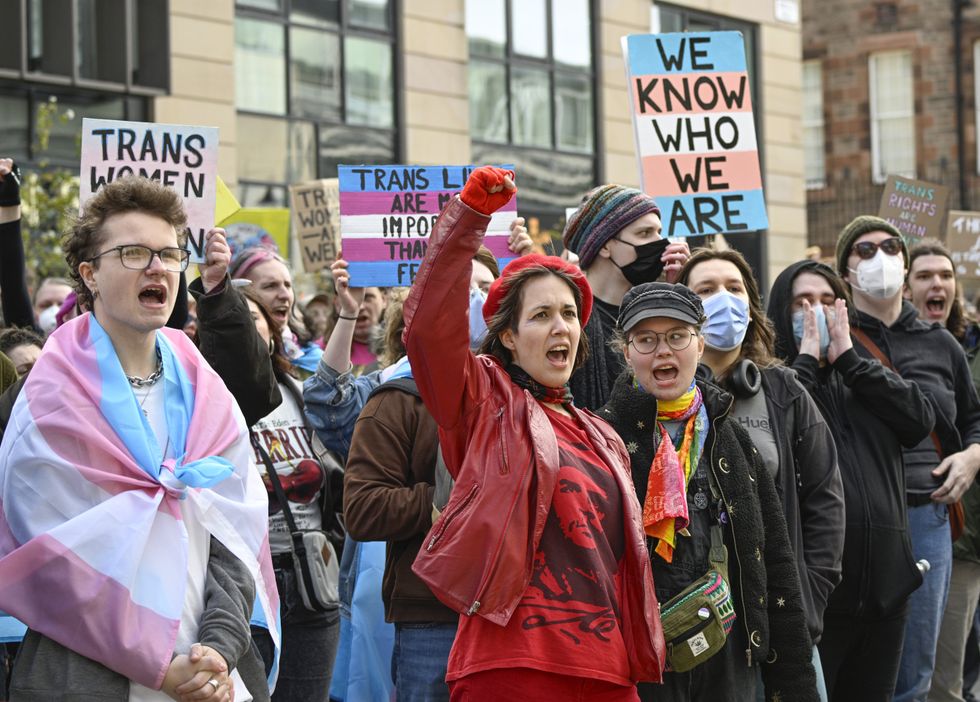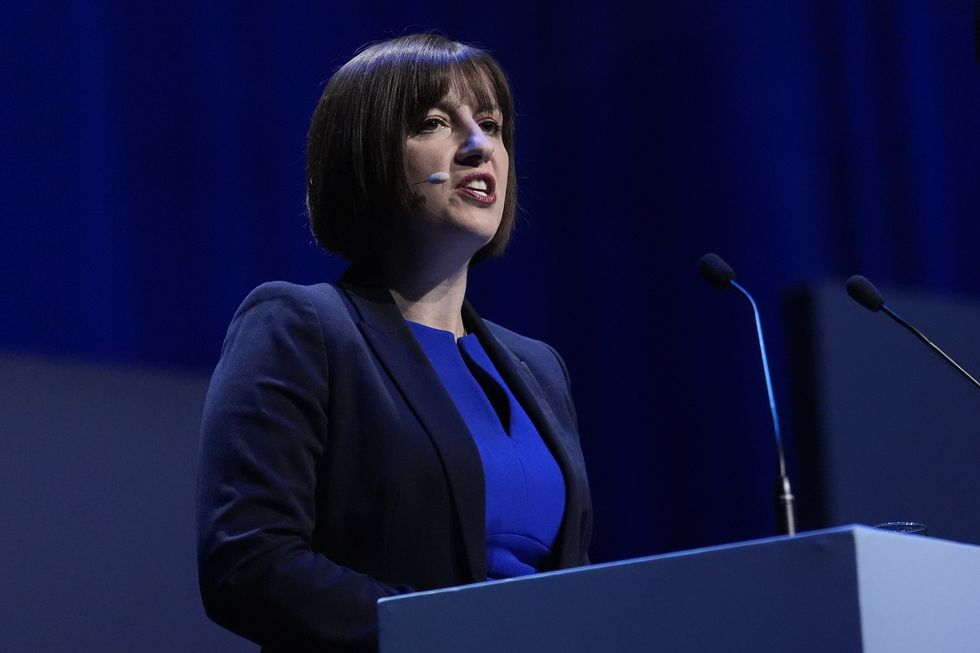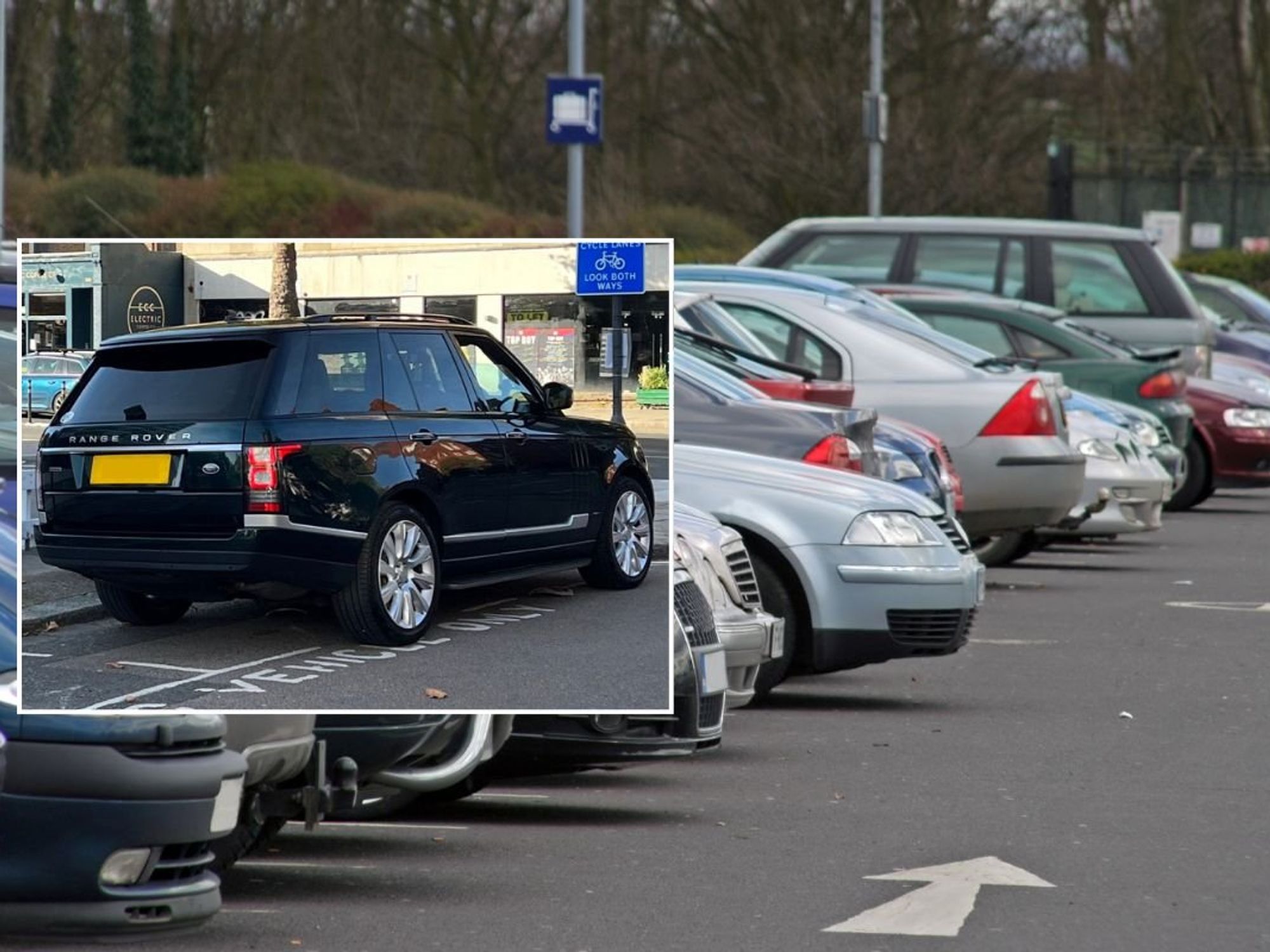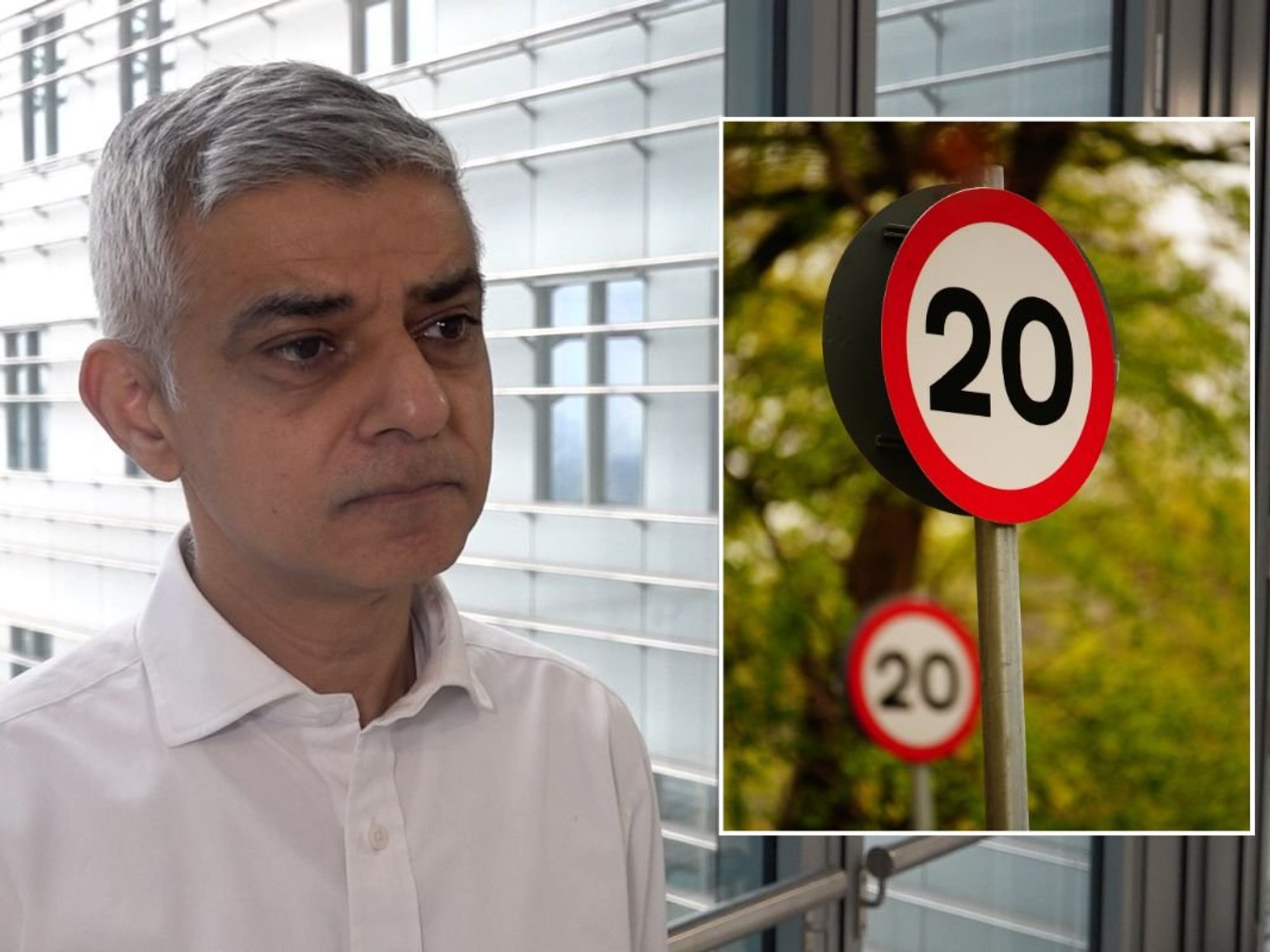Rules banning trans people from using toilets and changing rooms not matching their biological sex could be delayed for over a year

The EHRC has urged the Government to speed up with bringing in new guidance, warning some organisations are currently using unlawful practices
Don't Miss
Most Read
Trending on GB News
Rules that would ban transgender people from using public facilities which do not match their biological sex could be postponed for over a year.
The Equality and Human Rights Commission (EHRC) submitted a draft code of practice to woman and equalities minister, Bridget Phillipson, in September setting out how certain single-sex spaces must be judged on biology such as in gyms, clubs and hospitals.
The document is yet to be laid in Parliament.
It was submitted following a Supreme Court hearing in April which said the words "woman" and "sex" in the Equality Act 2010 refer to a biological woman and biological sex.
TRENDING
Stories
Videos
Your Say
The Government has commissioned a regulatory impact assessment to examine the potential impact of the new guidance on businesses, a process that could take several months or potentially over a year, The Times reports.
Shadow women and equalities minister, Claire Coutinho, told the newspaper: "Any delay in approving this code puts the safety and dignity of women and girls at risk.
"The Supreme Court ruling was clear and every organisation has a duty to comply with the law."
"Bridget Phillipson must get a grip and stop hiding behind process to avoid upsetting her backbenchers," she added.

Trans-right campaigners gathered to rally against the Supreme Court's ruling earlier this year
|PA
Draft guidance previously issued by the EHRC referenced transgender people’s participation in sport and use of toilets.
According to the May draft, a birth certificate could be requested by a sports club or hospital if there is "genuine concern" about what biological sex a person is.
Elsewhere, the draft code said transgender people can be excluded from competitive sport "when necessary for reasons of safety or fair competition" and gave an example of how some services might be able to adapt to "offer toilets in individual lockable rooms to be used by both sexes".
Earlier this month, the commission urged the Government to speed up with bringing in new guidance as it warned some organisations are currently using unlawful practices.
LATEST DEVELOPMENTS

Bridget Phillipson received a draft code of practice from the EHRC in September
|PA
EHRC chairwoman Baroness Kishwer Falkner said: "The content in this version of the code currently in force is based on the EHRC’s previous misinterpretation of the Equality Act 2010.
"The practical implications of this are that the 2011 code is now unlawful and will continue to be so until the minister makes an order to withdraw it.
"We have been told by some organisations that they intend to continue using this now unlawful code until the revised code is published, therefore allowing practices inconsistent with the law to persist.
"Our updated code of practice accurately reflects the law and is informed by the two public consultations we ran to ensure it is as clear as possible.”
In a letter to Ms Phillipson, Baroness Falkner asked that the current code be revoked "as soon as possible now that Parliament has returned, so that courts, tribunals and duty bearers are clear that it is no longer to be relied on".
She insisted the updated code "ought to be brought into force as soon as possible" saying this is "particularly urgent considering the spread of misinformation and misleading information on the law following the Supreme Court judgment which continues to circulate widely".
Once ministerial approval is granted, the Government must lay the draft code before Parliament for 40 days before it can be brought into force.
A Government spokesman said: “The EHRC has submitted a draft code of practice to ministers and we are working at pace to review it with the care it deserves.
"We agree that it’s of the utmost importance that the code of practice works across Great Britain for service providers and users, and so it’s crucial we get this right.
"We are following the necessary steps to consider it and, if government approves the code, will lay it in parliament."
Trans campaigners have however vowed to fight the guidance.
The Good Law Project claimed the provisions would go "far beyond" what the Supreme Court judgment requires.
Group leader, Jolyon Maugham, said: "The guidance amounts to a bathroom ban for trans people, violating people’s right to privacy in their everyday lives.
"The EHRC’s guidance is subject to legal challenge. A hearing is scheduled for later this year, and a court will decide whether it is compatible with the Equality Act.
"Given the evident hostility of the guidance to the rights and dignities of trans people, we are confident the Commission will lose."
More From GB News











